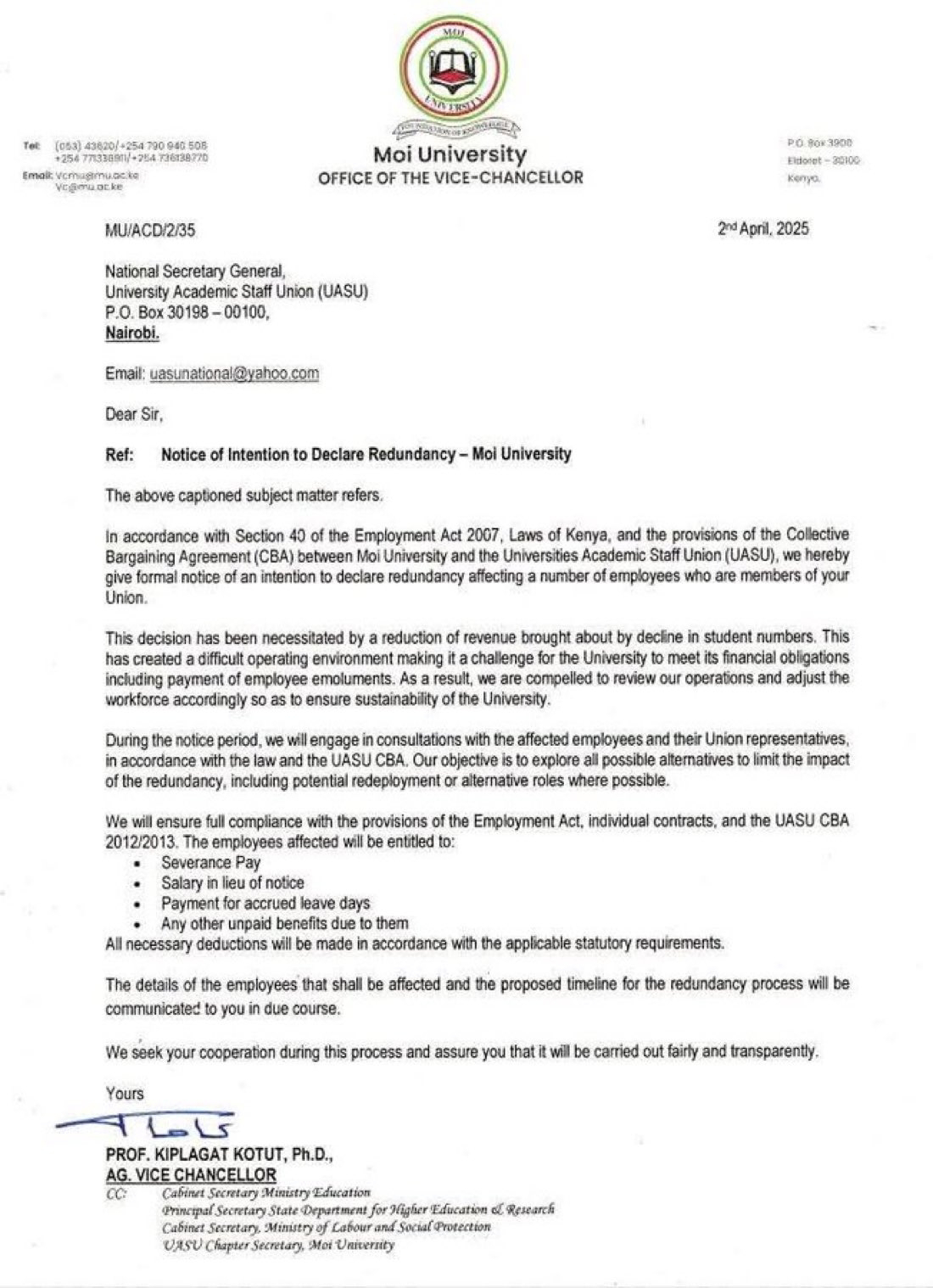M-Kopa Customers Complain: Phones Locked After Completing Payments
M-Kopa, a leading pay-as-you-go financing company in Africa, has recently faced a wave of complaints from customers who claim their smartphones become unusable shortly after completing payment plans.
The company, which allows low-income customers to pay for devices in installments, has been praised for increasing smartphone access. However, numerous users are now accusing M-Kopa of unfairly locking devices even after full payment, leaving them with expensive bricks instead of functioning phones.
What’s Happening?
1. Phones Disabled Remotely After Final Payment
Many customers report that:
✔ Their M-Kopa-financed phones suddenly stop working weeks or months after completing payments.
✔ They receive messages like "Device not recognized" or "Contact M-Kopa support."
✔ Some devices reset themselves, wiping all data.
2. Customers Stuck in a Support Loop
When affected users contact M-Kopa, they often face:
- Long delays in responses
- Demands for additional payments (even after clearing the loan)
- No clear resolution, leaving them without a working phone
3. Allegations of "Forced Upgrades"
Some customers claim M-Kopa pushes them to:
- Trade in their current device for a new one (with another loan)
- Pay extra fees to "unlock" the phone, despite having completed payments
Why Is This Happening?
Possible Explanations:
🔹 Software Locking: M-Kopa uses remote device management to disable phones if payments are missed. Some customers believe this system malfunctions, locking phones even after full payment.
🔹 Policy Changes: M-Kopa may have updated terms without proper customer communication.
🔹 Fraudulent Practices? A few users suspect the company intentionally locks devices to force repeat business.
M-Kopa’s Response (Or Lack Thereof)
The company has not issued an official statement addressing these complaints. However, their standard terms state:
- Devices remain M-Kopa’s property until full payment.
- They reserve the right to remotely disable phones for non-payment.
But customers argue that since they’ve paid in full, the phones should be theirs unconditionally.
What Can Affected Customers Do?
1. Document Everything – Keep payment receipts, SMS confirmations, and support chats.
2. Escalate to Customer Service – Demand a written explanation.
3. Report to Authorities – Kenya’s Communication Authority (CA) or Consumer Protection agencies may intervene.
4. Share Experiences Publicly – Social media pressure (Twitter/X, Facebook) often forces companies to act.
The Bigger Issue: Trust in Digital Financing
M-Kopa’s model has helped millions afford smartphones, but if customers can’t trust that their devices will work after payment, the entire system could collapse.
Other pay-as-you-go companies (like Fintech OS, Lipa Later) should take note—transparency and fair treatment are crucial.
Final Thoughts
If M-Kopa doesn’t address these complaints soon, it risks:
- Losing customer trust
- Legal battles over unfair practices
- Regulatory scrutiny
Have you or someone you know experienced this? Share your story in the comments.


Comments
Post a Comment